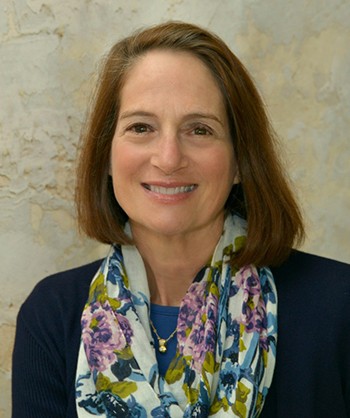
Judi Casey WorkLife Consultant Founding Director of the Work and Family Researchers Network (WFRN)
When it comes to workforce planning, it’s all about the numbers – of people, that is. Demographic data suggest impending labor shortages and increasingly tight labor markets, due to projections of weak growth in the working age population over the next 15 years. Continued immigration will help to fill some of the gaps, however, an increasing number of older workers are healthy and motivated to continue working. They could fill some of these deficits in the talent pool, and might want to do so for several reasons: to supplement their current income or retirement funds, obtain health insurance benefits, pursue an encore career, or just to remain active in the world of work.
Yet, some strong biases exist against hiring older workers. Nearly 60% of 1,500 U.S. workers ages 45 to 74 surveyed by AARP in 2008 reported that they sensed or observed negative perceptions of their status as older workers either while at work or during recruitment. In Managing the Older Worker: How to Prepare for the New Organizational Order, the authors found that age bias trumps both gender and race bias; for example, a majority of Internet technology recruiters were not willing to hire someone over 40.
In contrast with these findings of bias, the Aging Workforce Research Initiative, a survey conducted in 2014 by the Society for Human Resource Management (SHRM) and the SHRM Foundation, found that human resources (HR) professionals have a very positive opinion of older workers. Approximately 70% of this survey’s respondents indicated that older workers are more professional and have a stronger work ethic than their younger counterparts do. More than 75% viewed the work experience of older employees positively.
Other studies found the perception that older workers add value to organizations, by bringing to the job considerable knowledge, varied skill sets, reliability, and flexibility around scheduling.
What, then, is the best way to recruit older workers for your organization? Here are some suggestions:
- Employ nontraditional outreach strategies such as partnerships with national and community organizations connected with older adults, such as senior associations and senior-related websites.
- Use personal and professional connections to solicit employee referrals, target your retired workers for rehire, and reach out to volunteer organizations or retiree associations.
- Present your organization as “age-inclusive,” using language and imagery that reflects all age groups in your recruiting materials.
- Develop benefits packages that respond to the unique needs of older workers: eldercare supports, financial planning resources, and flexible work options (telework, reduced hours, nontraditional schedules, and short-term or seasonal assignments).
- Provide accommodations for the preferences and physical limitations of older workers.
- Implement ongoing training and shadowing programs as well as opportunities for two-way mentoring.
- Design training and diversity awareness programs for hiring managers, both to keep them up-to-date on the business case for hiring older workers and to send a message that their recruitment efforts need to consider all potential candidates.
- Explore how recruitment strategies that target older workers could be used to engage other employee populations. Workers of all ages desire meaningful work and opportunities to learn and develop, and they want to be treated fairly and with respect.
- Communicate how hiring older workers has enhanced and benefited your organization to counter some of the stereotypes associated with hiring them.
Employers are wise to consider that the best person for the job with the right fit for their organizations might be an older worker.
For employers
Benchmark yourself against similar employers in recruitment strategies, as well as other policies, and get customized tips: Workforce Benchmark Tool
Learn more
About Recruitment, Retension, Tenure, and Turnover: Facts Database
Author
Judi Casey
WorkLife Consultant
Founding Director of the Work and Family Researchers Network (WFRN)
Email: judiccasey@gmail.com

